Save the time, tedium and chemical contact associated with diluting and aliquoting chemical preservatives by using our chemically-preserved Environmental Sample Containers.
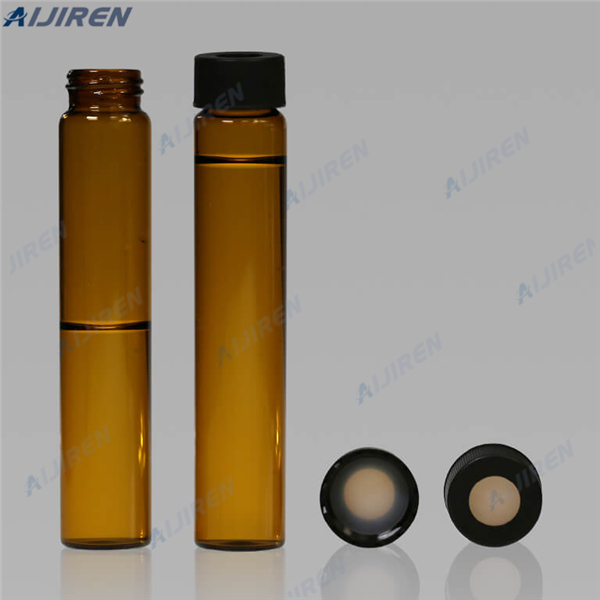
Save the time, tedium and chemical contact associated with diluting and aliquoting chemical preservatives by using our chemically-preserved Environmental Sample Containers.
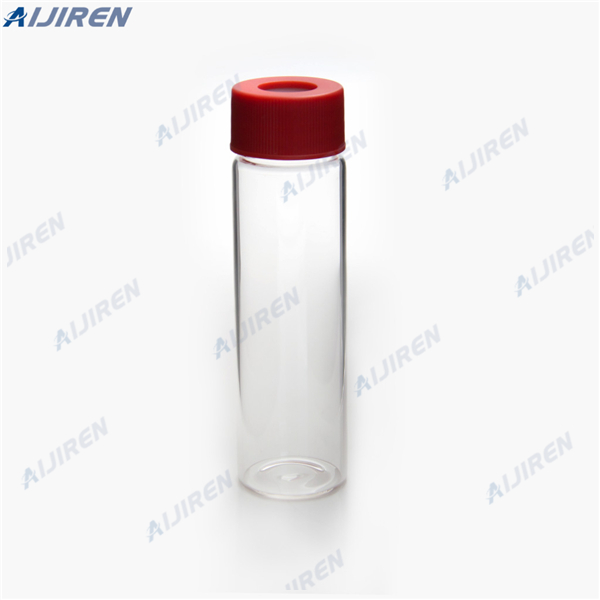
24-400 Volatile Organic Chemical sampling vial Aijiren Tech 24-400 Volatile Organic Chemical sampling vial with screw cap Sample Vial (5ml, 0.17oz), Clear Storage Vial, Liquid Type: 24-400 Screw top Vial Volume (ml): 20 Color: Clear (Vials are made of clear Volatile Organic Analysis Containers, Vials and Vial Inserts
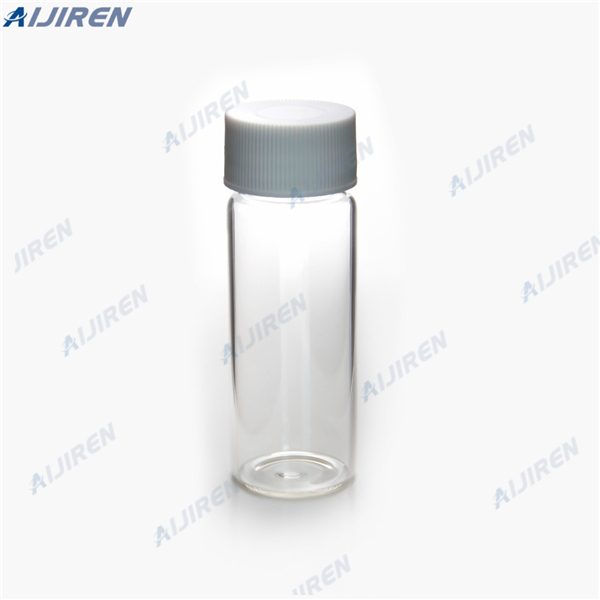
Sampling Information Normal procedures for volatile organic compound (VOC) collection should be followed. Analysis requires two (2) 40 ml VOC vials per compound per analysis for δ 2 H and δ 13 C or four (4) 40 mL VOC vials per compound for δ 37 Cl (i.e. if you want to analyze TCE, cis-DCE and trans-DCE in one sample for both δ 13 C and δ
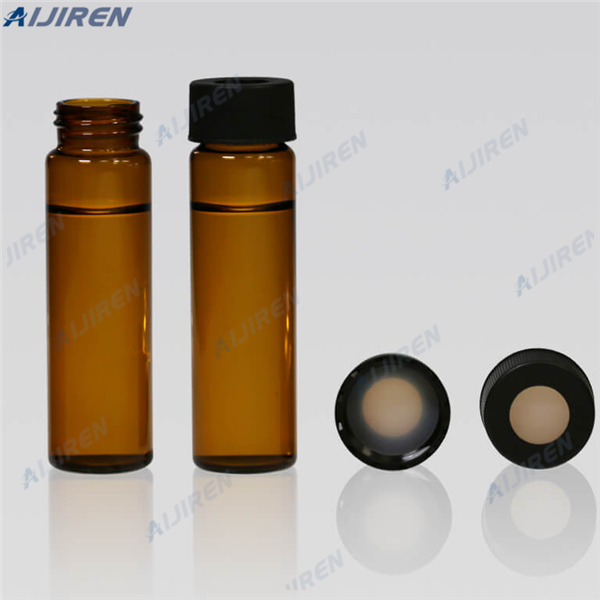
During manufacture the outer vial has a glass micro-insert precisely positioned inside and this is permanently fused to the base of the outer vial. This gives a 12 mm x 32 mm microvial with a capacity of 350 microliters with a narrow reservoir with <10ul capacity. Removes the need to assemble a vial and insert prior to use.
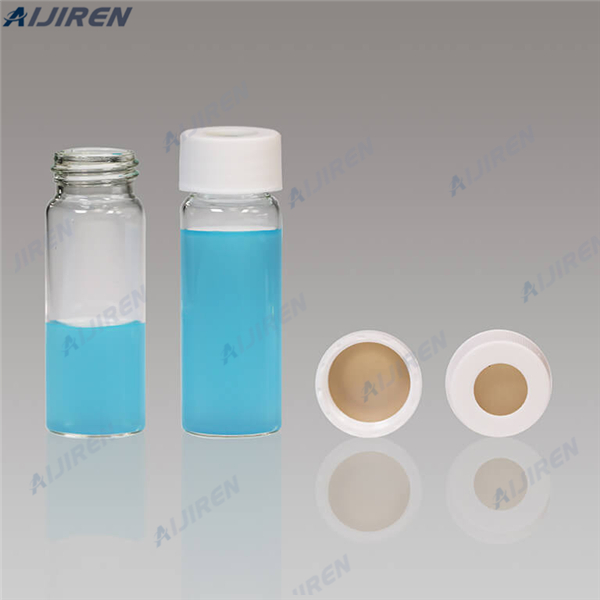
Volatile organic compounds, or VOCs, contaminate our environment and cause negative health effects to humans when they are exposed to elevated levels. The testing of environmental samples for the presence of VOCs, including wastewater, drinking water and soil, is essential to ensure the public is safe and our environment is protected and
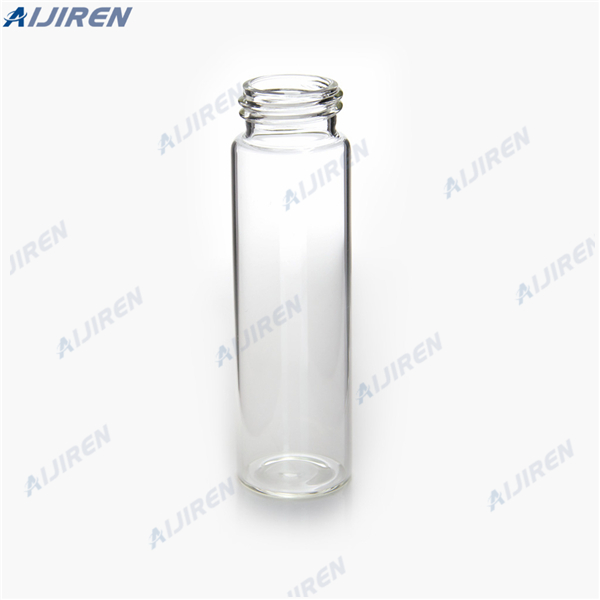
Jun 23, 2022 · Aug 10, 2021 · Aijiren Tech volatile organic analysis vials with closed-top cap Aijiren Tech™ Wide-Mouth Short-Profile Clear Description Collect soil, sludge and waste samples for a variety of organic and inorganic target analytes with Aijiren Tech Wide-Mouth Short-Profile Clear Glass Jars when light protection is not required.
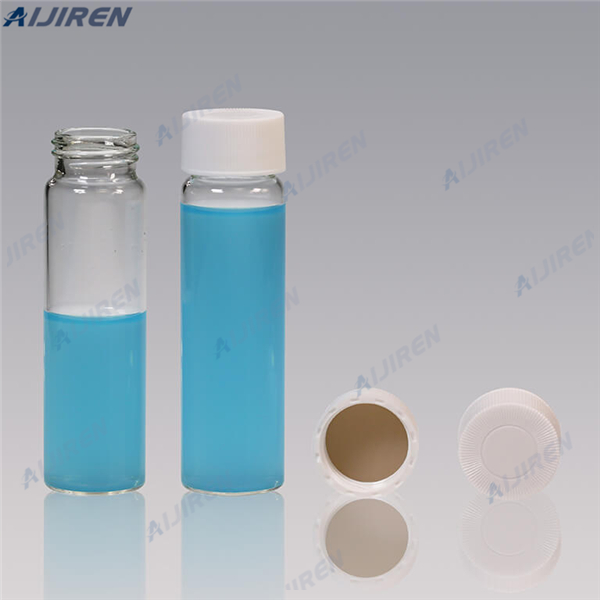
May 1, 2022 · The pipette tips feature chemically resistant C18-treated silica gel placed into micropipette tips.The chemical resistance allows use of organic solvents and acidic or basic conditions for protein and peptide desalting and fractionation. Speciality SPE phases are featured in two new SPE devices.

Aijiren Tech Scientific Products Testing and Filtration Water Testing and Environmental Analysis Soil Testing and Analysis Sampling Vials Environmental Sampling Vials Environmental Sampling Vials One moment while we fetch your results You recently viewed Show

Lipid oxidation and the resulting volatile organic compounds are the main reasons for a loss of food quality. In addition to typical compounds, such as alkanes, aldehydes and alcohols, methyl ketones like heptan-2-one, are repeatedly described as aroma-active substances in various foods. However, it is not yet clear from which precursors methyl ketones are formed and what influence amino

Enter the email address you signed up with and we'll email you a reset link.
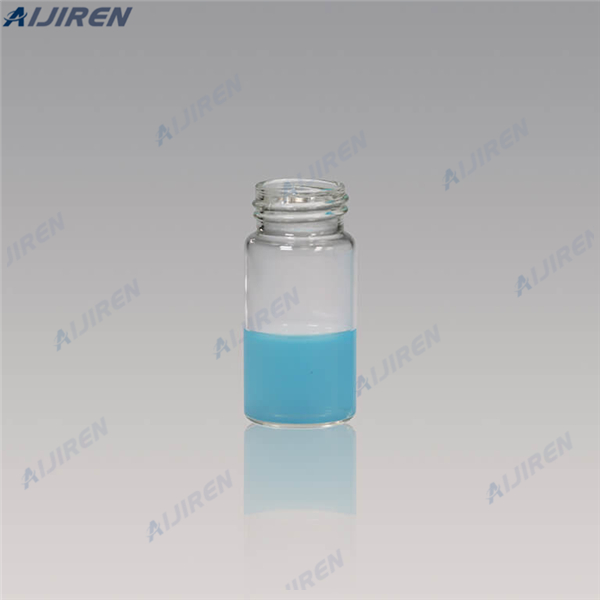
In an environmental analysis context, the VOC designation, or volatile organic contaminants, generally refers to the analysis of compounds in environmental samples with the following chemical properties:+ Low boiling points (below 200°C) Low vapor pressures; Low-to-medium water solubility; Organic compounds; Low molecular weights
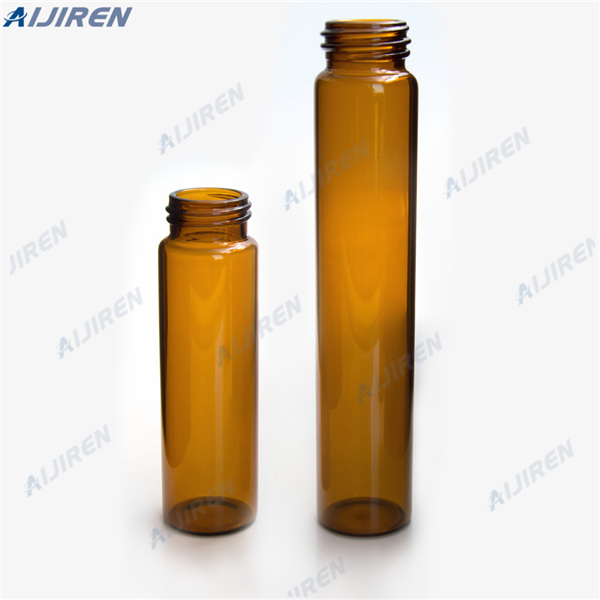
Certified and Processed vials meet or exceed EPA performance based standards for volatile organic an (24) Certified and Processed vials meet or exceed EPA performance based standards for volatile organic analysis; manufactured under an ISO certified quality management system.

Catalog number: PP140-40CEP.25HA. Simplify field preservation with Aijiren Tech™ Chemically-Preserved Environmental Sample Containers and enjoy peace of mind as well as convenience. Using certified containers and chemicals reduces the risk of container and preservative contamination. Let us save you the time, tedium and chemical contact
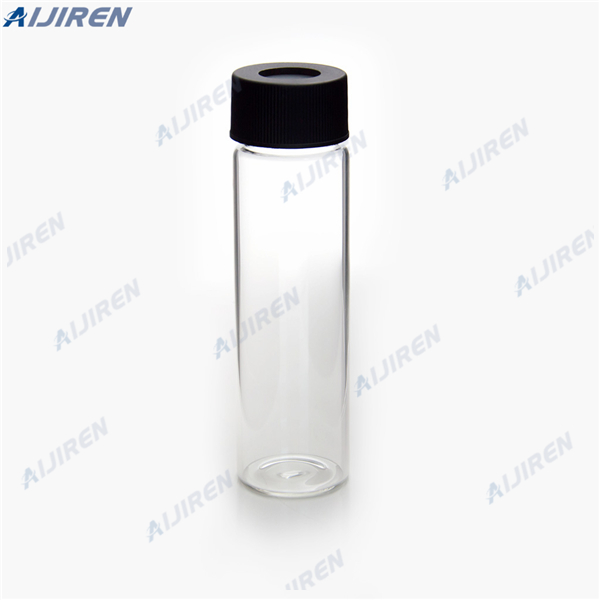
Dec 5, 2007 · Volatile organic compounds (VOCs) emitted from materials during degradationcan be a valuable source of information. In this work, the emissions of furfural and aceticacid from cellulose were studied using solid-phase micro-extraction (SPME) incombination with gas chromatography-mass spectrometry. Two sampling techniques wereemployed: static headspace sampling using SPME for 1 h at 40 oC after

ultra clean Volatile Organic Chemical sampling vial with 0. ultra clean Volatile Organic Chemical sampling vial with 0.125 inch septa Aijiren Tech™ I-Chem™ and EP™ Amber VOA Glass Vials with